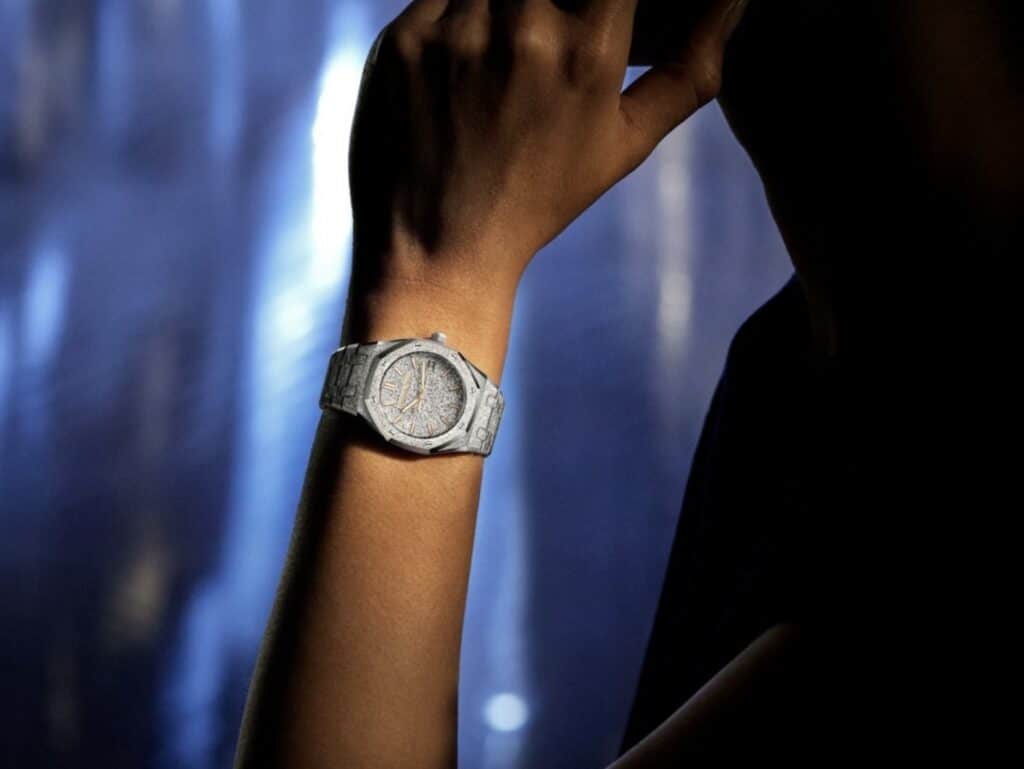A co-existence agreement of sorts between Gap and London’s public transportation body is at the heart of a newly-decided trademark opposition. In a decision issued late last month, a Senior Hearing Officer at the UK Intellectual Property Office (“UKIPO”) largely dismissed a bid by the Gap to block Transport for London’s application to register “MIND THE GAP” as a trademark for use on eyewear and leather goods, finding that consumers are not likely to be confused by the mark and that by seeking to register the mark, Transport for London is not in breach of the parties’ earlier agreement as a result of its effort to register the mark at issue.
The Background: In response to Transport for London (“TfL”)’s 2021 application to register its “MIND THE GAP” mark for various goods, including eyewear, bags, and helmets, Gap initiated an opposition proceeding. The American apparel retailer argued that TfL’s mark should not be registered due: to a likelihood of confusion with its earlier “GAP” trademarks, TfL’s alleged breach of a prior agreement between the parties, and bad faith, reputation, and passing off claims.

> It turns out, Gap and TfL entered into a confidential settlement agreement in 2004 (following an earlier trademark dispute between the parties over the “MIND THE GAP” mark) that precludes TfL from registering the phrase “MIND THE GAP” for use on “clothing accessories.”
In its opposition, Gap has argued that TfL breached this agreement by the filing the application at issue, as the goods for which it seeks to register (and use) the “MIND THE GAP” mark, such as bags, belts, and other accessories, fall under the scope of “clothing accessories” in the settlement.
TfL argued in its defense that the 2004 agreement is not relevant here, as the goods at issue fall outside of its scope. And even if it did apply, the transport co. asserted that it has used the “MIND THE GAP” mark since 1968, significantly predating Gap’s presence in the UK, which began in 1987. As a result of such longstanding use, the mark is synonymous with the London Underground and forms part of its design heritage and corporate identity. While its “core service is, of course, the provision of transport services in London,” TfL argued that it “produces a range of merchandising featuring the MIND THE GAP slogan, including t-shirt’s featuring the slogan MIND THE GAP … [which] have been sold in the London Transport Museum Shop from at least 1975.”
Still yet, TfL maintained in furtherance of its lack of confusion argument that “MIND THE GAP” is an indivisible phrase with a specific meaning as a warning and cannot be disassembled into “MIND THE” and “GAP” for trademark comparison purposes. As such, it alleged that “MIND THE GAP” is conceptually distinct from – and unlikely to be confused with – the “GAP” mark.
A Win for TfL
In what turned out to be a relatively sweeping win for TfL, the UKIPO dismissed Gap’s opposition and allowed TfL’s application to proceed. Specifically, the trademark office’s examiner determined that the British transport entity did not breach the 2004 settlement agreement with Gap, which is still in force despite TfL’s alleged breach of it; that the goods covered in its application are distinct from the “clothing accessories” category specified in the agreement; and there is no evidence that it acted in bad faith or outside its rights under the agreement.
At a high level, the UKIPO found that …
Likelihood of confusion: There is no likelihood of confusion between TfL’s “MIND THE GAP” and Gap’s trademarks, as they are visually, phonetically, and conceptually different; “MIND THE GAP” is a distinctive and indivisible phrase, whereas “GAP” is a single word; and the goods covered in TfL’s application (e.g., eyewear, luggage, and helmets) are either dissimilar or only weakly similar to Gap’s core goods, such as clothing and accessories.
Passing off: The distinct meaning and historical use of TfL’s “MIND THE GAP” mark makes it unlikely that consumers will associate it the goods from Gap, and TfL did not misrepresent its goods as being connected to Gap.
Bad Faith: One place where Gap did have some success is on the issue of bad faith. According to the UKIPO, since the parties’ co-existence agreement was in force, TfL’s application to register the words alone was made in bad faith in relation to an array of goods, including purses, wallets, etc., as “there can be no doubt that making an application the applicant knows, or has reason to know, is in breach of an agreement with a third party is inconsistent with honest practices and potentially renders the application subject to refusal or invalidation on grounds of bad faith.”
Gap’s win here is limited, however, with the UKIPO stating that the bad faith ground fails in relation to the remaining goods covered by the application.











